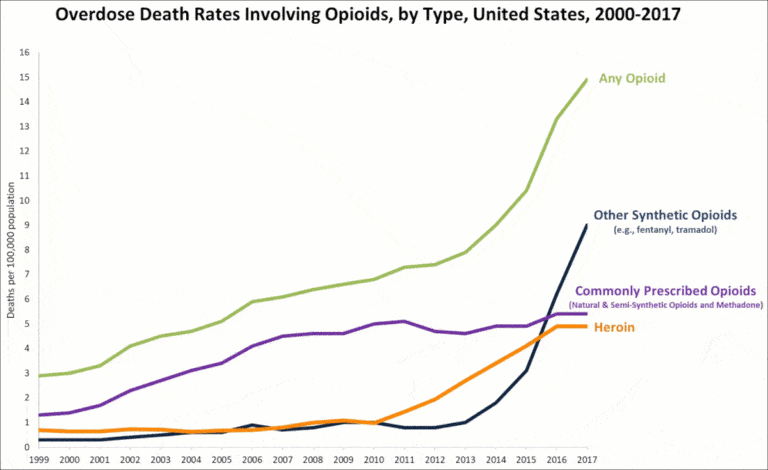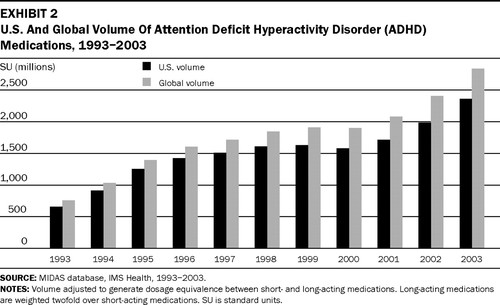For those who suffer from an addiction that they fear will impact their family, there are options out there. For example, family therapy in North Carolina is a great option for those who are worried about passing their addiction onto their children or for those who already have.
However, that begs the question: is addiction really genetic? Can a parent really pass addiction onto their children?
What Factors Contribute to Addiction?
There are many factors that play a role in whether or not someone will develop an addiction. Amongst families, genetics isn’t the only factor at play. One’s environment growing up and whether or not they experienced trauma at a young age also play a part in potential risk.
Genetic Factors
When you look at genetics and whether or not alcoholism can truly be inherited, many studies suggest that the answer is yes. However, just because your parent has an addiction to drugs or alcohol, doesn’t mean that you’re automatically going to have an addiction as their child. Having a blood relative that has struggled with addiction simply puts you at a higher risk of developing an addiction. Some studies believe that this is because of an “addictive nature” which can be hereditary.
Environmental Factors
The type of home you grow up in also plays a huge part in your risk. For example, if you constantly see your parents drinking or using drugs, you may believe that these are safe activities for you to take part in and follow in their footsteps. You may not be as aware of the risks of alcohol or drugs. However, if you have hyper-vigilant parents who talk to you about addiction or attend family therapy with you, you may be able to reduce this risk.
Traumatic Factors
Experiencing trauma at a young age also increases one’s risk of developing an addiction later in life. Those who experience trauma because of a parent with an addiction may be more likely or less likely to develop an addiction depending on their reaction to the trauma. For example, many fight even harder to stay away from substances because of the way they were treated by an addicted relative.
How to Prepare Your Family for Addiction
If you suffer from an addiction and you’re worried about your children developing an addiction as they age, the best thing you can do is talk to them. Once you’ve started recovering from your addiction, you should keep an open line of communication with your children about addiction. Allow them to ask questions, and educate them about the dangers of certain substances. Family therapy can also help to ease any worries you or your children may have.
As your children grow into adulthood, they may find it helpful to speak with a therapist as well, especially if they’re worried about their personal addiction risk.
During family therapy, patients are allowed to speak freely about their addiction and how it’s affected their lives. Children and relatives are encouraged to ask questions and share their own stories. For example, children may speak about how their parents’ addiction has affected their childhood. Being able to share these stories and struggles can help families move forward.
Try Family Therapy in North Carolina
If you or a loved one is struggling with addiction, you might want to try family therapy. There are many centers that offer family therapy in North Carolina, including Asheville Recovery Center. To learn more about our treatment programs and how you can work with your family, give us a call anytime to speak with a specialist. We’re eager to answer any questions you may have.








